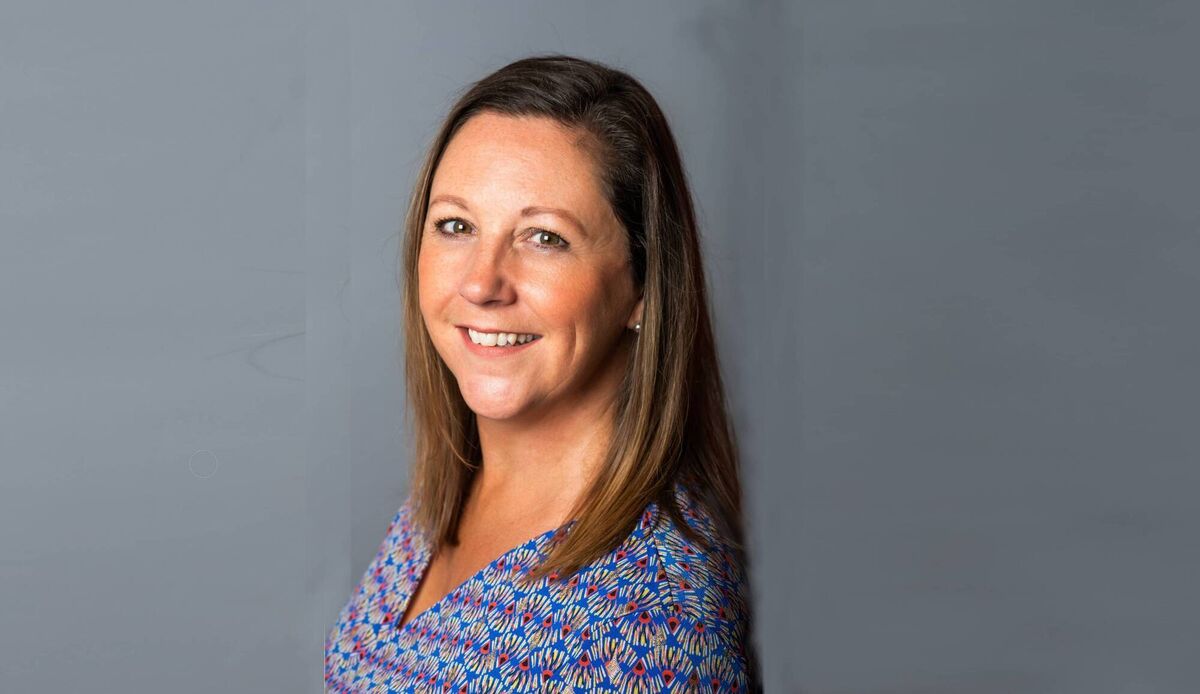Investing in a pension is a choice you'll be very glad you made

If you invest a little in a pension now, it will really make a big difference to the quality of your retirement. While the state pension amount is unlikely to drop in the future, it may not always increase to keep pace with inflation.
, financial advisor with HerMoney.ie, suggests some good places to start when you're considering your retirement options.
















